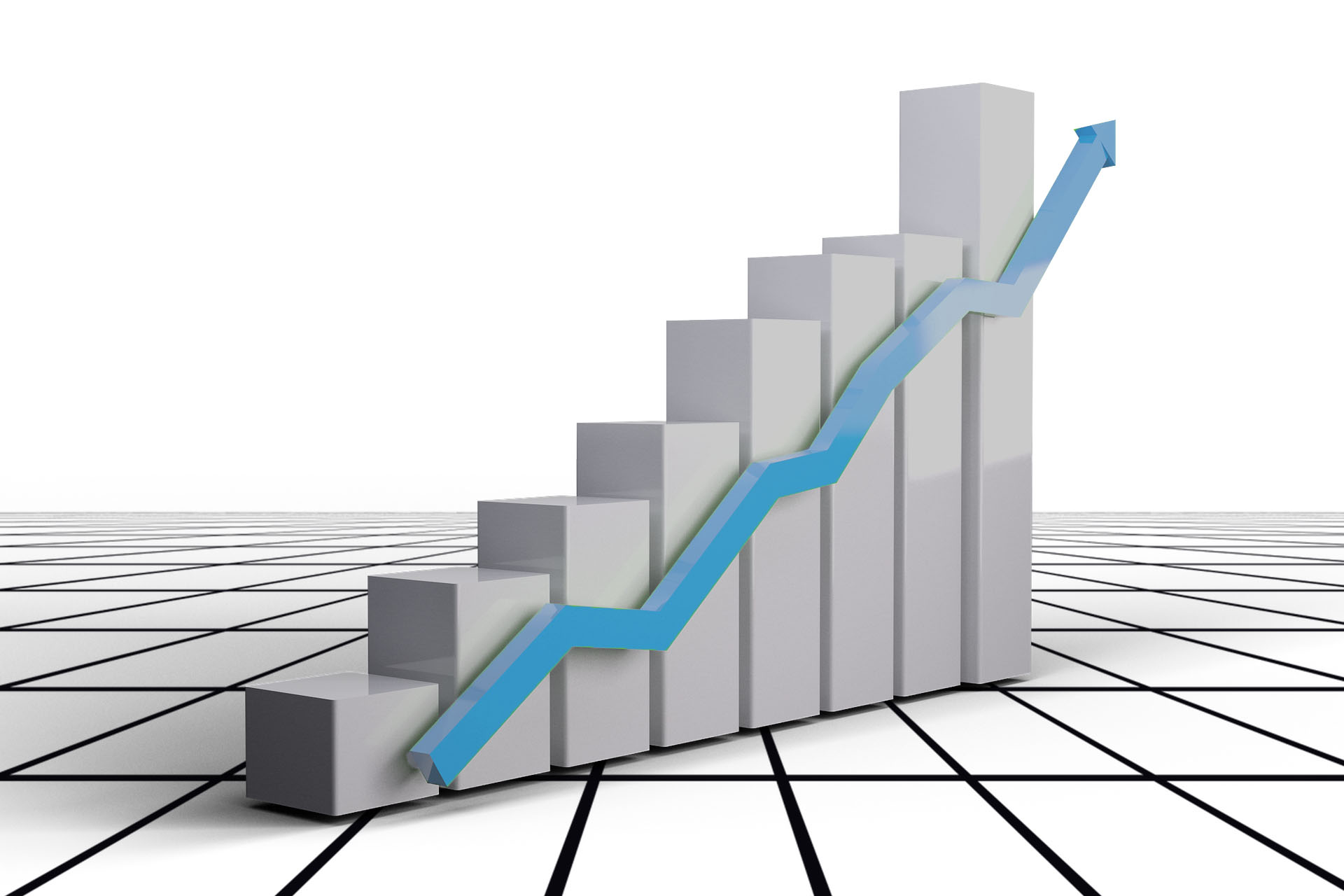
During December, the stock market endured a rollercoaster of ups and downs. The volatility created fear for many in regards to their retirement savings and the future of the economy. While the fluctuations may cause concern, it is important to stay the course and remain emotionally disciplined during these times.
Things to remember when the market is particularly volatile:
Market Downturns are Inevitable
Part of investing is accepting that declines within the market will occur, and usually with little warning. Given the market growth since 2009, it is easy to lose perspective on historical market behavior. The S&P 500 quadrupled from 2009 into 2018. Yet, from 1980-2018 there were 36 market corrections. A market correction is defined as a 10% drop in the market. Recovering from corrections is usually fast and furious. The biggest risk to your retirement account is not a market correction or bear market, it is being out of the market.
Think Long-Term
Often when the market is volatile, people will allow short-term fluctuations to change their long-term thoughts because our human brain is wired to avoid pain and seek pleasure. Neuroscientists have found that the parts of the brain that process financial losses are the same parts that respond to mortal threats. It is imperative to stay on track and think about the long-term plan, even when the current market seems unstable. Historically, the average market correction has lasted just 54 days.
Don’t Let Headlines Scare You
The media creates headlines to drive an emotional response, to grab your attention. Before panicking, remember that a plunge in the stock market likely has little effect on your investments in the long term. Warren Buffett says that the stock market is a device for transferring money from the impatient to the patient. This is very clear when we see the disparity between stock market returns and investor returns. From 1996-2015 the S&P 500 returned an average of 8.2% per year. If you missed the top 10 trading days during those 20 years, your return would have been just 4.5% per year, cutting your average annual return almost in half by missing just 10 days in 20 years.
Trying to time the market or letting emotions drive investment decisions is a sure fire way to increase anxiety and sleepless nights. The single biggest variable to retirement investing success is your own behavior, your emotional reaction to market volatility. The late Jack Bogle said, “If you try to trade in and out of the market, your emotions will defeat you totally.” One truism of investing is that every single downturn has been followed by economic growth and vitality. It takes courage, it takes discipline.